Rules for discipline
The 5 C's of Effective Discipline
People don’t just stumble upon good parenting. Parenting well, like any other skill in life, is something we learn not just through what we were taught when we were growing up, but by expanding our strengths and skills when we become parents ourselves.
Instilling a sense of discipline in children is something few parents feel very comfortable doing. “I just want them to have fun and be kids!” the guilty parent says. But discipline, whether you like it or not, is the cornerstone for understanding values and responsibility — things all kids will need to learn sooner or later.
Effective discipline comes from the following five C’s. Get these right, and you’ll have far less problems with your kids as they age, as they’ve learned the rules and what breaking them means.
1. CLARITY: Be clear when you set rights, rules and limits.
- Don’t assume your children know family rules until you’ve talked about them.
- Be sure your children understand why these rules are being made and the consequences for breaking the rules.
- Involve your children as much as possible in making the rules.
- Try writing out your family rules and posting them on the refrigerator.
2. CONSISTENCY: Be consistent in enforcing rules.
- Stick to the consequence that has been established for a broken rule.
- Discipline will be more effective if your children have been involved in establishing the rules.
- If a change needs to be made in a family rule, talk about it before the rule is broken.
- Be flexible — as your children grow, they’re ready for expanded rights and changes in rules and limits.
3. COMMUNICATION: Talk about rights, rules and limits often.
- Be willing to discuss the fairness of a rule and the reasons for it.
- Help your children learn to talk with you about feelings.
- Encourage your children to come to you when they need help.

- Express respect and faith in your child through your words, gestures and tone of voice.
4. CARING: Use encouragement and support, not just discipline for broken rules.
- Praise your children when they follow your family rules, especially when they do what’s expected of them without reminders from you.
- When a rule is broken, criticize the action and not your children.
- Follow up swiftly when a rule is broken; stay calm and carry out the consequences your children expect.
- Make sure the consequences are appropriate for the broken rule.
- Respect your children’s rights, such as the right to privacy.
5. CREATE: Instill a sense of social responsibility in your children.
- Let your children know you expect moral behavior, like honesty and fairness.
- Set an example of honesty, fairness and social responsibility for your children to follow.
- Promote your child’s sense of self-respect.
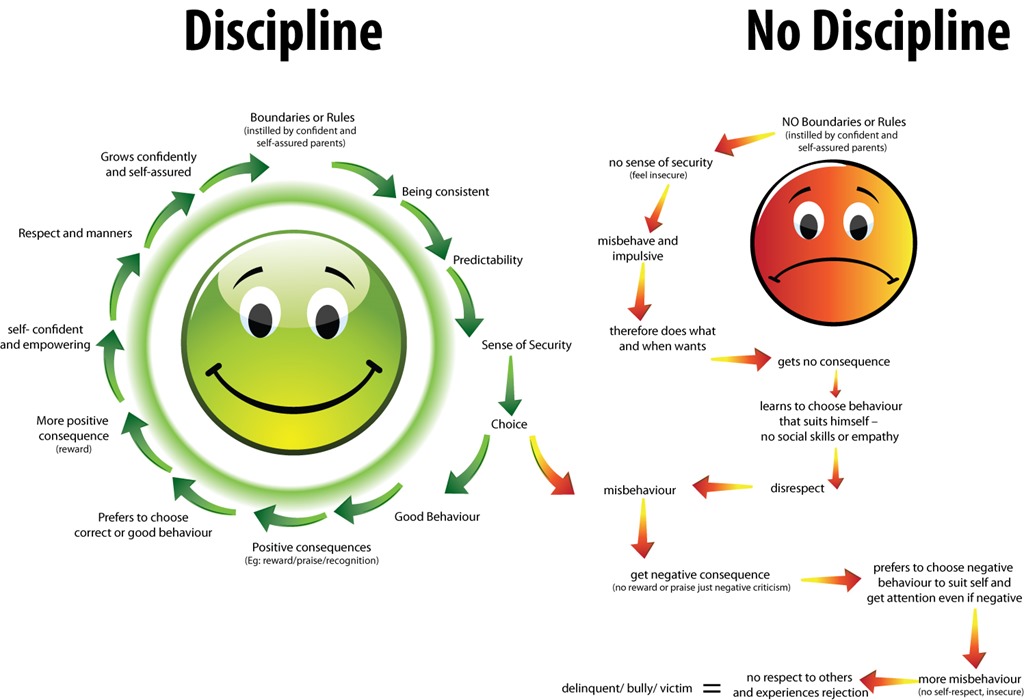
6 Rules to Discipline Your Kids
I remember interviewing for my first teaching job and being asked about my discipline approach. The line in Whitney Houston's hit song came to mind, "I believe that children are our future … teach them well and let them lead the way."
An older man recently approached my family at the grocery store checkout and gave my sons money to "spend on a treat for being so good in line." A woman came up to us in a restaurant and complimented us on how well-mannered our children were at the table. "You're doing something right!"
My children engage in conversation with us at the dinner table. They rarely whine because we listen to them. We know their hearts and attend to their needs. We were able to drive 12 hours straight from Disney World to our home in Virginia. Our boys slept most of the way and didn't fight with each other. They shared toys and all of this happened without bribes or empty threats. Kids will be kids, and of course there is occasionally some drama, but I can honestly say I'm proud of our brave parenting. Over the last five years, we've found our effective rules to follow:
Kids will be kids, and of course there is occasionally some drama, but I can honestly say I'm proud of our brave parenting. Over the last five years, we've found our effective rules to follow:
When teaching your child, always be clear about what you expect from them and be specific about what needs to be done. Teach rules and then set boundaries if rules are broken in a neutral and calm tone. Support your children in consistently meeting the behavior goals you have taught. If it's tough to meet them, set small goals first and work towards the bigger picture. Everything presented should be age-appropriate. What we expect from our almost 5-year-old is often different than what we expect from our 2-year-old. This entire process should always be based on unwavering respect. When you give it, you will get it.
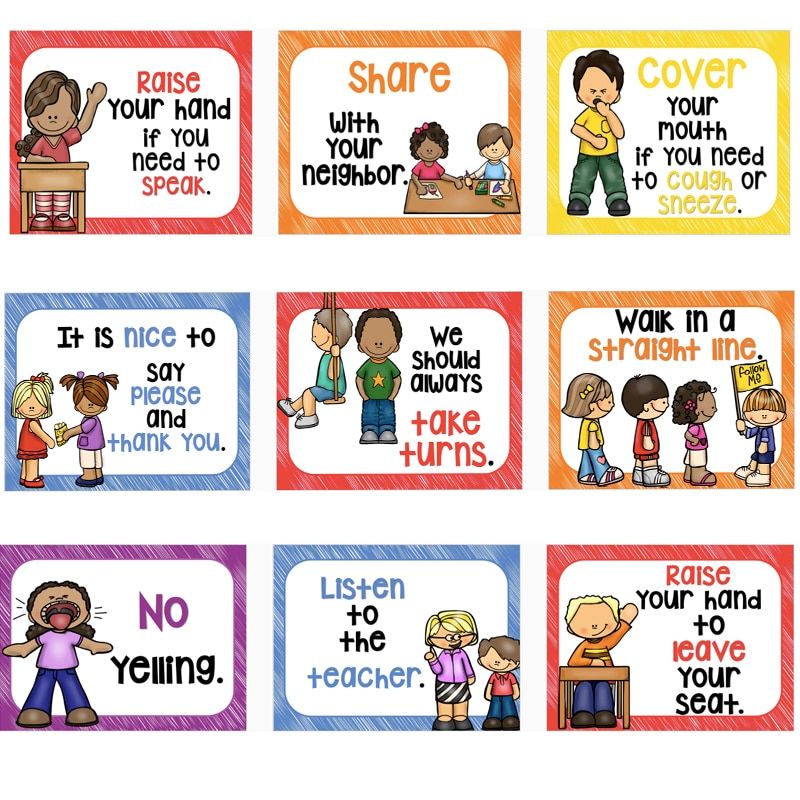 Be consistent.
Be consistent.Repeat after me: No empty threats. I can't tell you the amount of times I have heard other parents bribe their children with things both the child and others know the parent will never do. Be truthful with your kids. Mean what you say and say what you mean. Don't expect anything from them that you can't follow through on. Be consistent and take the time to follow up and check in with them. Consistency gets positive results.
Children thrive in an organized and well-loved environment. When you take the time to keep the living space relatively neat, uncluttered, and show that you truly care about it, your children will be comfortable. As they grow they will learn to take ownership of the living space as well. Our children share in helping us tend to the yard, tidy their rooms on weekends, tidy the playroom after play, etc. We feel that children who grow up in a structured environment, often build one of their own as adults, setting them up for overall success in life.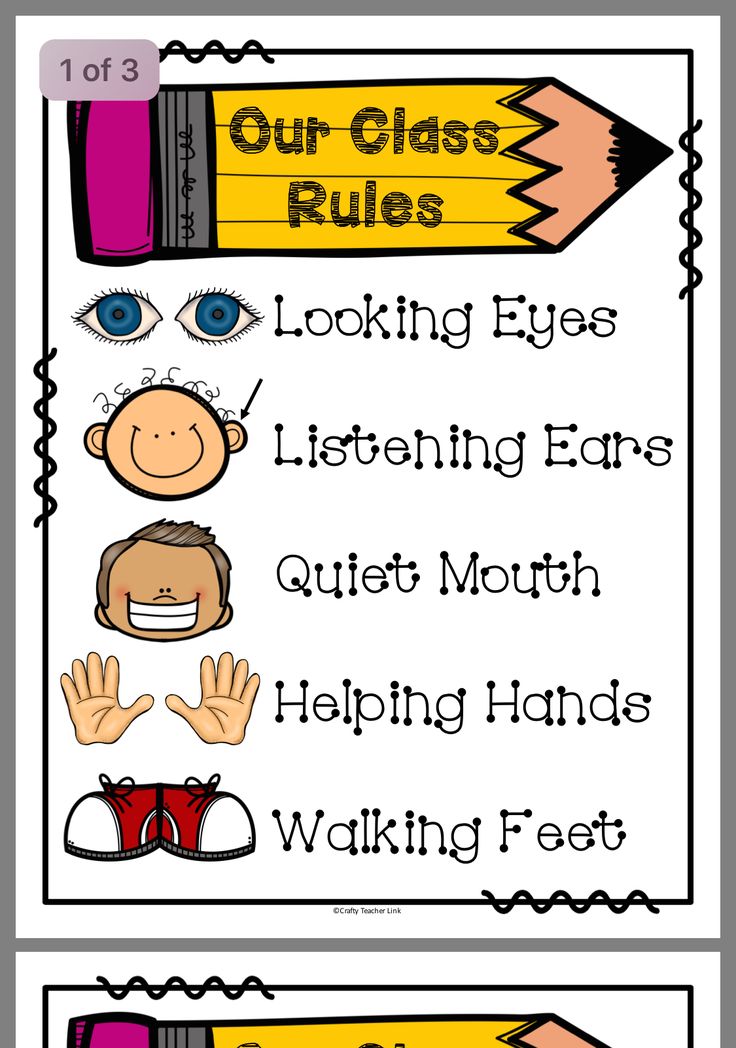
I use vibrant color to attract children to the lessons I want them to learn regarding discipline and self-efficacy. I had a colorful mountain in my classroom and encouraged my students to climb each day. When they made positive choices that supported our class vision, they moved up. When they made poor choices, they did not. This system has carried over into our home, is age appropriate, and works well for our little ones. When the imagination is ignited through colorful imagery and bold displays, children are able to get excited about discipline. Make it fun!
Discipline, with love. My children always say that "hands are for helping, not hurting." If you can change the world for the better, please do. Just don't hurt, and if you find that you are, seek help. It seems that so many hurting adults are an unfortunate result of the thoughtless hands or angry words that reared them.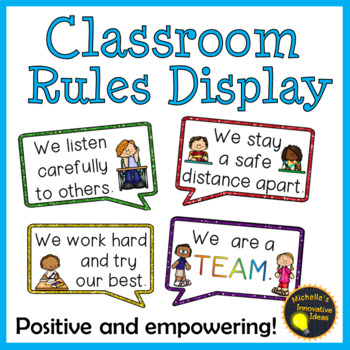 Be kind, be gentle, be patient, and root all things in love.
Be kind, be gentle, be patient, and root all things in love.
Believe in what you are doing. Reinforce with confidence. If you believe in what you are teaching, your children will as well.
Rules and discipline | Child and family psychology online
Any system strives for balance. The family is a system. The child is part of it. Therefore, in family therapy, the behavior of the child is often seen not in isolation, but as a response to the situation in the family system.
How does the equilibrium of systems work in psychology?
Next
Many people associate the word "discipline" with prohibitions and drill. But is it really so? How to help your child become more disciplined without violating their boundaries.
Next
“Just look at this mess!”, “What a slob you are!”, “When will you learn to do what you are told!”, “Again you do everything wrong!”, “How many times have you been told ?”… Do you know these phrases? Well, some of them? Do you have to use them in communication with your child?
Unfortunately, it takes some time to observe the parents and the child in some crowded place, and you can hear phrases like these.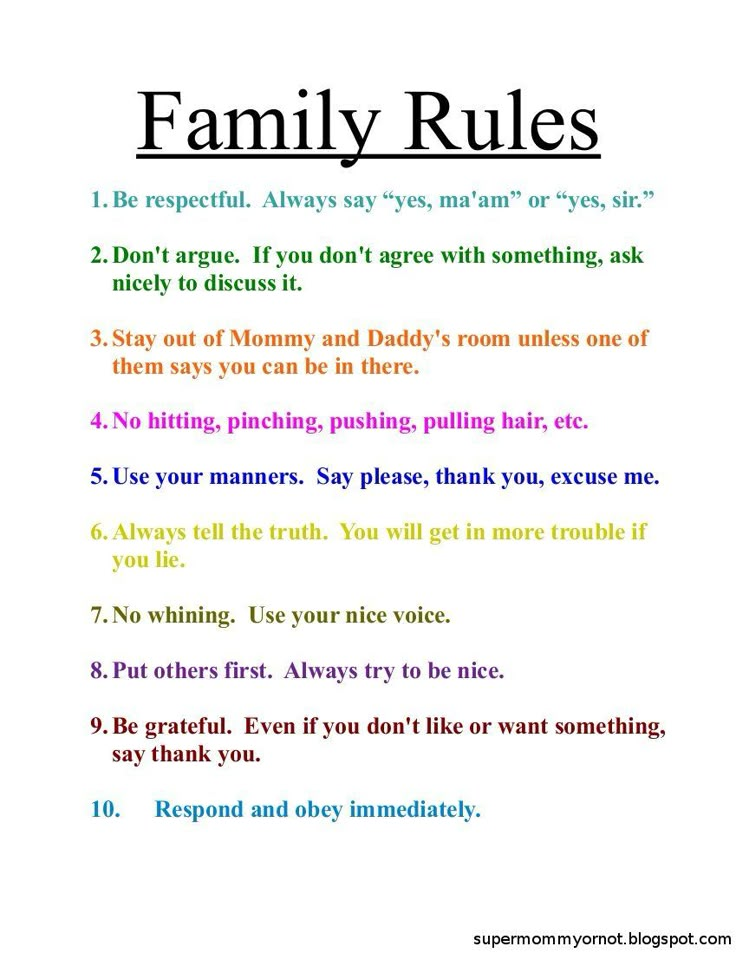 Such comments and remarks only worsen the child's self-esteem, do not teach him the right behavior, but only report that he did something badly.
Such comments and remarks only worsen the child's self-esteem, do not teach him the right behavior, but only report that he did something badly.
Next
Parents often ask me, as a child and family psychologist, what to do if a child in society encounters something that is not approved in the family.
For example, a child is treated to chips and soda at a party, but they do not buy such things at home.
In the kindergarten they distribute unhealthy synthetic sweets like Skittles candies to children, but at home only natural sweets or none at all.
Next
In this article I will repeat once again that punishment is NOT taught.
We wrote about corporal punishment HERE.
AND HERE are the comments of those parents who were beaten in childhood.
Next
There are many quick ways to pull yourself together when you want to raise your voice: take a few deep breaths, leave the room, count to 10.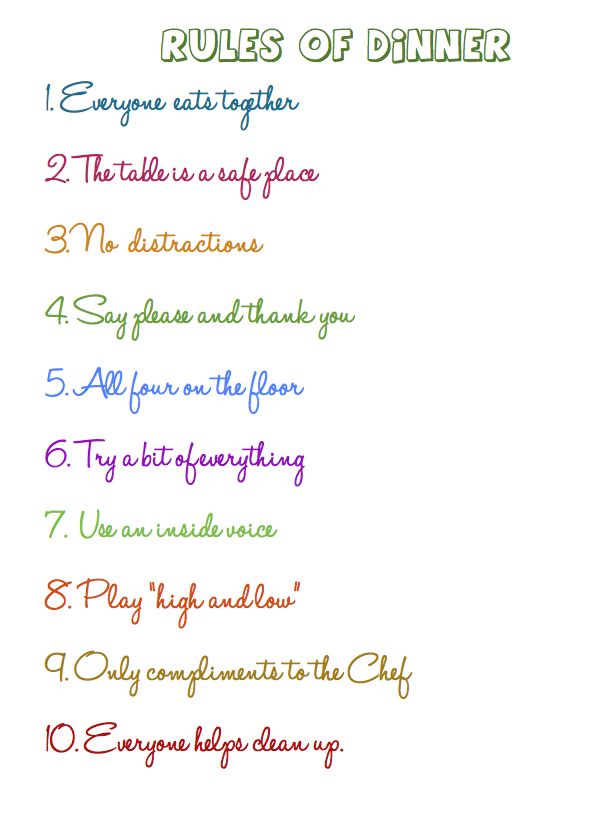
child, which most often lead to screams. When a mother understands the reasons for a child's behavior, she is able to make the right decisions.
Next
In an article about physical punishment, readers who were beaten as children were asked to share how it affected their adult lives.
This request unexpectedly received a huge response from my parents. Parents wrote hundreds of comments.
I hope that these stories will convince those who consider physical punishment in childhood necessary and useful.
Next
“But what if the child does not understand well? I don’t swear right away - at first I speak calmly and repeat 20 times, but he doesn’t hear. ”
The most important thing is not to blame the child that “he doesn’t hear - he doesn’t understand the first time, this or that”, but to take responsibility for what is happening and remind yourself: “I am big, and he is small”, “I a parent, and he is a child”, “I have been living for a long time and I know a lot, but he doesn’t yet. ”
”
Try to analyze why the child does not hear, does not react, does not go forward.
Next
Tips for parents on organizing family life in quarantine
Now many parents find themselves in two difficult conditions at once: limited space and movement and the need to function in multitasking mode.
We parents are going through difficult times. Times that require us to be adequate, creative and calm. And all this - under conditions of stress - emotional, financial, spatial, global.
Next
The child behaves "badly" - naughty, rude, shows aggression, fights, got a bad mark, spilled something, spilled, broke - the first reaction of adults, as a rule, "on the machine" is to scold.
We think that if we fight, the child's behavior will change. Sometimes it really changes, but not for long, and sometimes it gets even worse and you have to swear even more… How many quarrels and conflicts around her.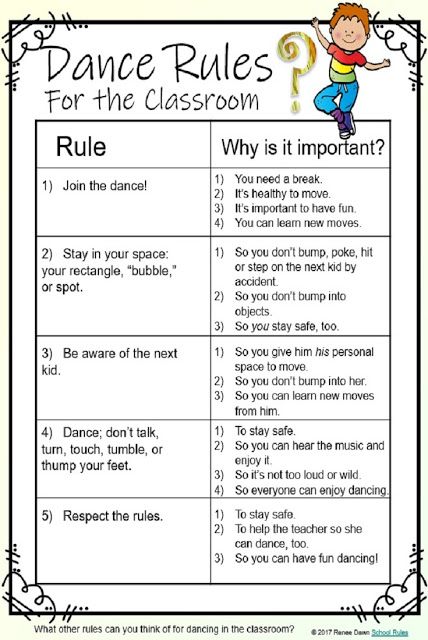
It seems to me that adults attach too much importance to this and get too obsessed with it.
The child is not bothered by the mess in the room, he likes everything - the toys are in a prominent place, you don't have to look for anything, you can continue to play from the place where you finished yesterday.
I don't know such children who like to clean up and do it with pleasure)) Sometimes they don't see at all that the room is not cleaned - it seems to them that everything is OK.
So how can you persuade a child to put away toys in the room?
Next
Working with parents for more than 20 years, I constantly see how difficult it is for them to forbid something, force a child or explain a rule to him without violent protests and discontent from his side.
He is indignant, angry, offended, begins to act up, throws a tantrum... These protests unbalance and cost a lot of nerves.
What to do about it?
More
Do you want to know how to get out of difficult situations with children with humor? Read below for 8 life-saving life hacks for parents that will come in handy!
Next
“I don't hit my child.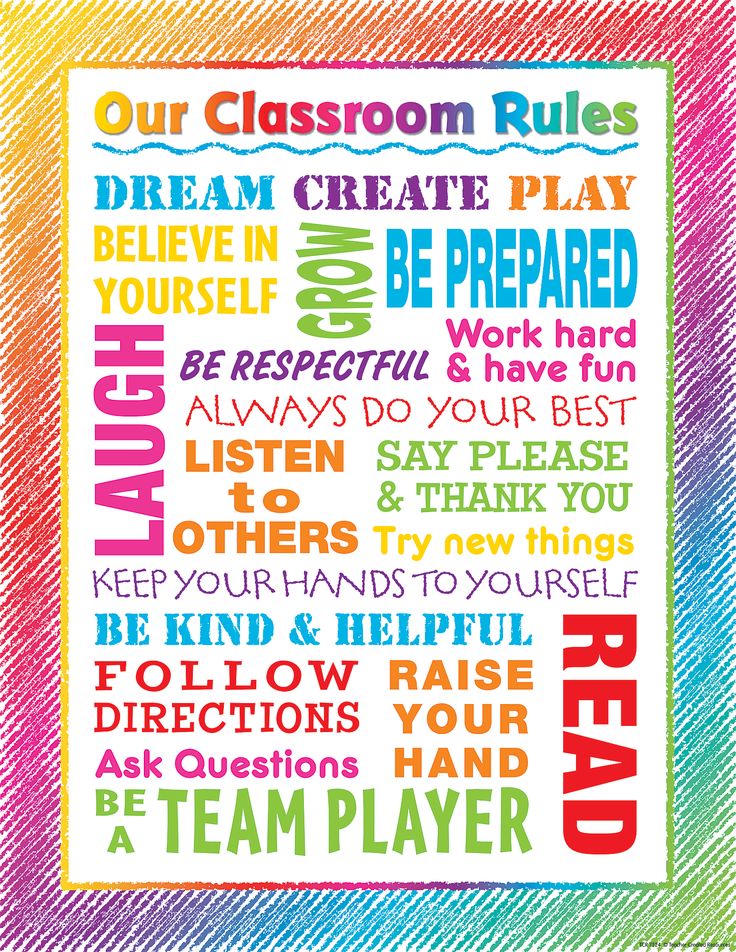 I just slap him on the butt. It's not the same as hitting" .
I just slap him on the butt. It's not the same as hitting" .
Do you also think so?
Slap on the bottom, on the hands, on the lips - this is the easiest and most accessible thing that a parent can do when the child "does not understand". After all, it is so simple: he is small, he will not give back, he will not be able to stand up for himself. With spanking, you can easily bend him to your will and make him do what you need.
But at what cost?
Next
When a child reports that he is bored, the mother most often thinks that she must urgently come up with some kind of activity for him, somehow entertain him or play with him. And if she does not have the strength or time, she turns on cartoons for the child or gives the gadget.
Everything just so that he doesn't get bored!
Sound familiar?
Next
In this article, I will tell you a seven-step method that will make it easier for you to achieve compliance with the established rules without harm (and even benefit!) for your relationship with your child.
In the last article we discussed why children need rules and boundaries. If very briefly, then in order for the child to feel love, confidence and support.
But it is precisely during the establishment of rules that there are so many quarrels, conflicts and negative emotions that take so much strength!
Can we do something to avoid conflict and so that the bond between us and the children does not break down, but only strengthens??
So what are the steps of setting rules for a child?
Next
Of course, you want to be the most tender and caring parent for your child. So that the connection between you is deep and unbreakable.
But the child does not obey, does not want to comply with requests and does not do what you consider important or necessary. Parents in such cases resort either to the establishment of strict rules, or to punishments. There is a conflict.
Do children need strict rules and boundaries, if this entails so many problems and difficulties? How to proceed? Let's try to figure it out.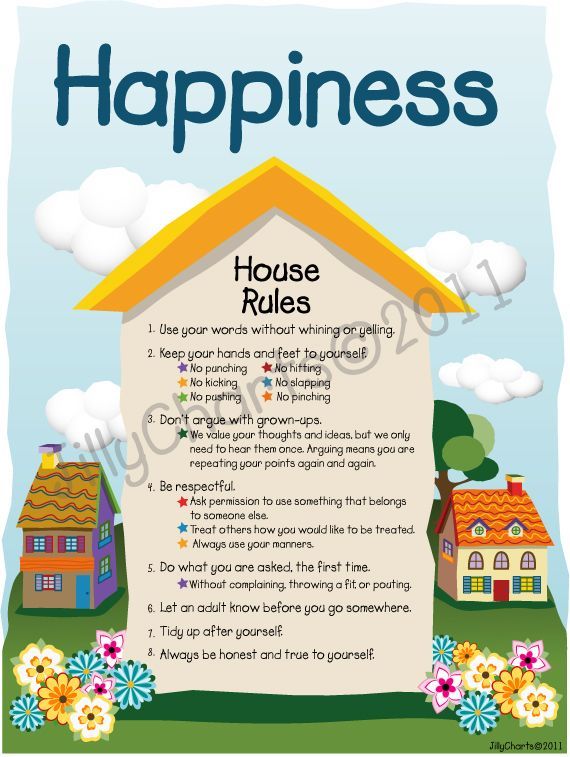
Next
As a child and family psychologist, I periodically receive questions from parents such as “How to punish a child if he…” and then there is a description of various situations.
But why are punishments ineffective and don't teach the child new things?
Remember - punishment does NOT teach! They frighten, offend, humiliate, show your power, create the illusion that you have taken the necessary measures so that this does not happen again.
Next
How do adults undermine children's personal power?
- Screaming.
- They criticize.
- Humiliate.
- Make fun of.
- Teasing.
- Use sarcasm.
- Compare one child with another.
- They set one child as an example to another.
- Overprotective.
- They do for the child what he already knows how to do for himself.
- Hang labels.
- High expectations.
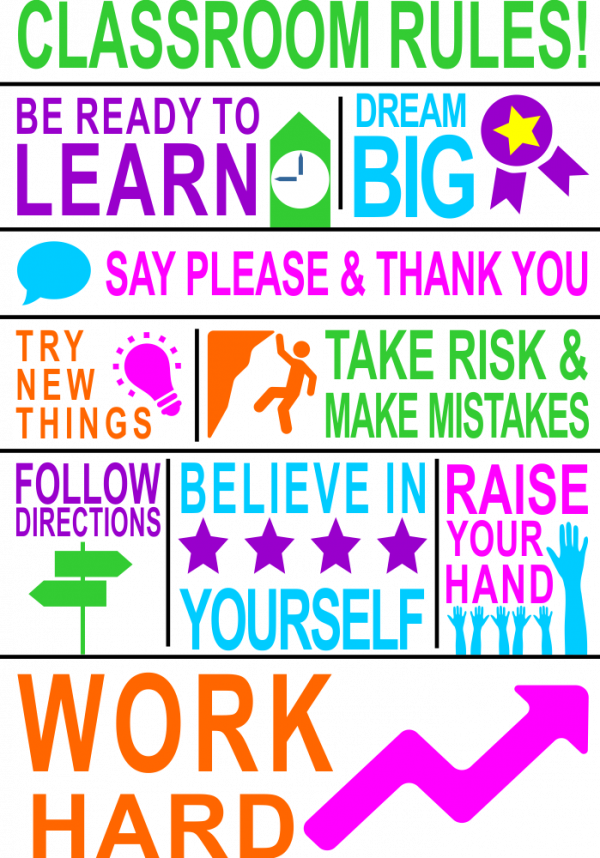
- Saying negative things about a child in his presence to others.
- Publicly shame or reprimand a child.
Homework
Try to move away from these ways of "education".
If you started saying and doing something from the list above, and then remembered, just stop and tell the child that you understand how unpleasant it is and that you will try not to do it again.
Calm voice
Some reasons why adults yell at children:
- A child is weaker and you can throw out your fatigue, discontent, annoyance on him.
- Too much is demanded and expected from a child.
- This is how you achieve something faster.
- They don't know how to explain and lack patience.
- Very tired and do not get enough sleep.
- They are afraid, worried about the child and project their fears onto him.
An adult and a child have a huge difference in physical size, and the child is almost completely dependent on the adult.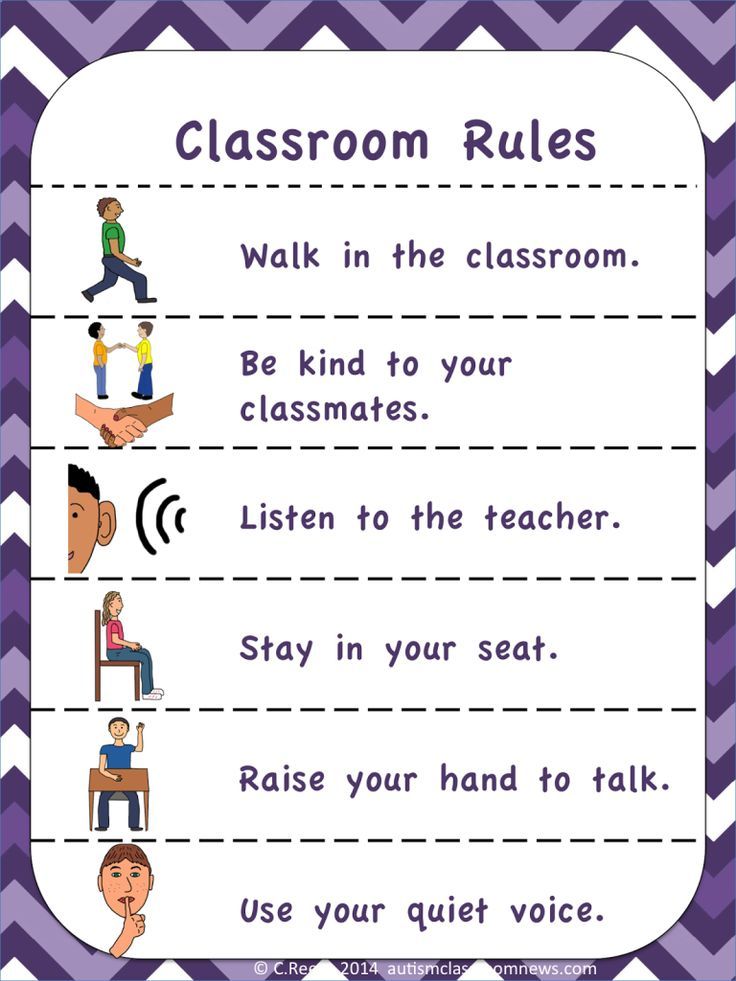
An adult for a child is a Competent, All-Knowing Giant. This Giant knows the answers to all questions, he does everything better and faster than a child.
This results in a huge disparity in the amount of Personal Power between an adult and a child, which always exists. But when an adult yells at a child, this inequality increases tenfold. Psychologically, the child becomes smaller and smaller and feels insignificant, small, weak, incompetent.
And we remember that if the Personal strength of a child is violated, he will defend his "I" and assert himself in the most inopportune situations.
It may be difficult for the child to accept certain rules and restrictions at the moment.
Either this is a signal that the child needs help and that he cannot cope with something, does not receive something.
This is not a reason to yell at him, but a reason to help him out of the "Adult" state.
Remember when you felt bad, it was difficult to understand or accept something, you were offended or upset, and at that moment they also shouted at you.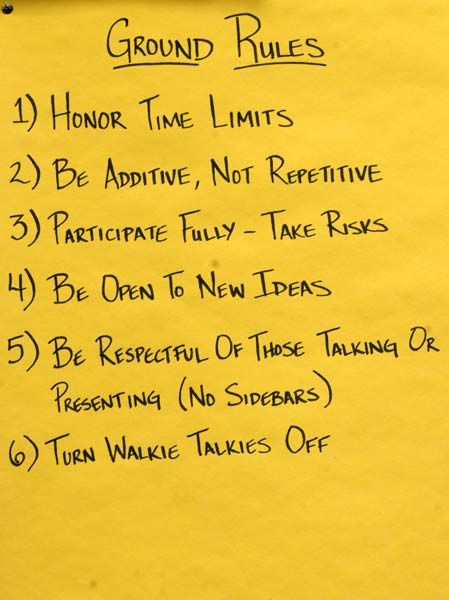
How did you feel?
Shouting at a child does not help solve problems with his behavior.
He only aggravates the situation and worsens your relationship.
Speak in a Calm Voice and remember the phrase from the Competent Giant exercise:
"I'm small and I just want to be loved!"
Homework
Make a few reminders to yourself on a sheet of paper: “Calm Voice” and hang it around the apartment in prominent places.
Make yourself a screen lock on your phone that says "Soothing Voice".
Think about how and where else you can make yourself a visual reminder so that it often falls into your field of vision.
Make time for learning
Children gradually move from dependence to independence, autonomy and responsibility.
The task of adults is to help them in this. Adults are the very first teachers in a child's life. It is important to take the time to educate children, to help them be self-reliant and, gradually, independent (when the time comes).
Try never to do for a child what he can already do for himself. The child seems to receive a message:
"I don't believe you can do it yourself",
"I'm not sure about you, so I'll do it for you."
Remember - a child must be gradually taught everything, everything explained and shown. First do something together, then under your guidance, and then on your own. This takes time and effort, but it is a huge investment in the future of the child.
When he knows how to do a lot on his own, he feels competent, adequate, important, significant.
He feels that he is making an important contribution to what is happening.
He can do what he can.
On the one hand, it helps him to feel Personal power, on the other hand, it relieves you of many small things.
Homework
Turn any situation in which your child did something wrong or wrong into a great learning opportunity. Teach patiently and respectfully, celebrating efforts and any, even the smallest successes.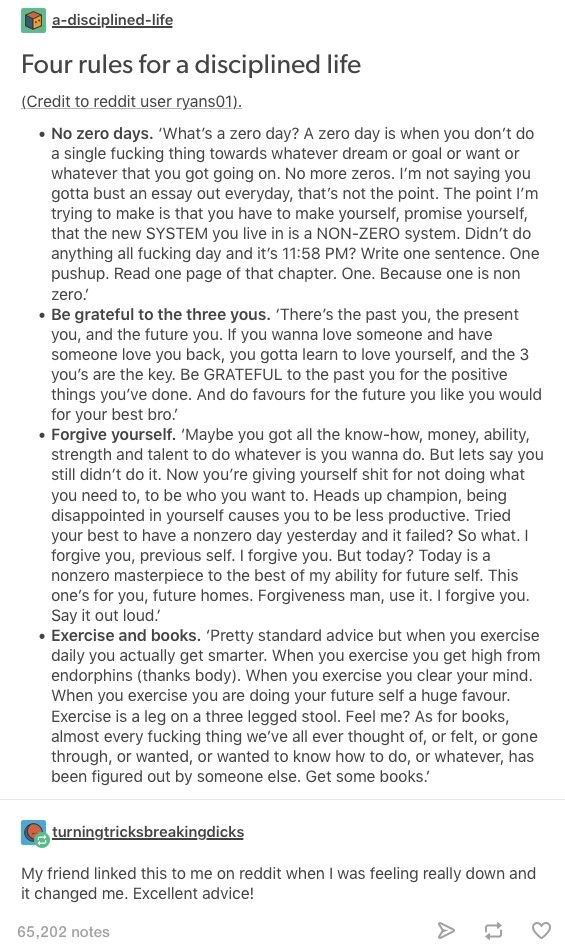
It is difficult for a child to understand and accept requests that begin with "Not"
Compare:
Don't sit down, don't keep your mouth shut, don't keep your mouth open, don't look at me, don't look away, don't stand still, don't twitch, don't stand.
- Get up, open your mouth, close your mouth, look to the side, look at me, jump, freeze, sit down.
Is it clearer now?
Homework
Clearly and specifically explain to the child exactly what you want from him.
Speak like a SHOULD, instead of a SHOULD NOT.
Begin your words by putting the verb in the imperative mood:
- Come
- Help
- Bring
- Sit down, etc.
Phrases that help a child to feel his Personal Power
– You are right.
– Your opinion matters to me.
– What do you think about it?
– You will definitely cope with this.
– I understand you.
Homework
Include these phrases in your daily interactions with your child.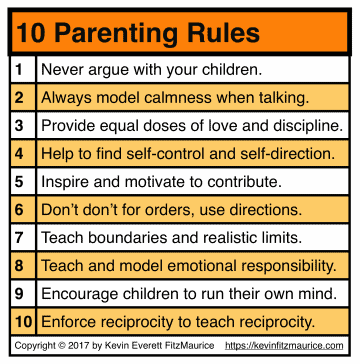 Over time, you will become accustomed to saying these important words not only to your child, but also to those closest to you.
Over time, you will become accustomed to saying these important words not only to your child, but also to those closest to you.
Educational materials are intended for the training "Compliant child and calm mother in 6 weeks"
Next
Disobedience is a child's behavior when he becomes uncontrollable, does everything the other way around, is capricious, argues for any reason and is stubborn. Almost any request or appeal to a child leads to a scandal.
Parents, trying to control the situation, resort to punishment, and this, in turn, leads to resentment, loss of trust and even greater distancing of the child.
Next
— Mom, can I go for a walk with Anya? Sasha asks.
- No, honey, you can't. Mom answers.
- Oh please! Sasha whines.
- I said no, so no! Mom gets angry.
- Why, Mom? You said it yourself, it's good to breathe fresh air! Sasha insists.
- We already talked about this! I'm not ready to let you go outside without adults!.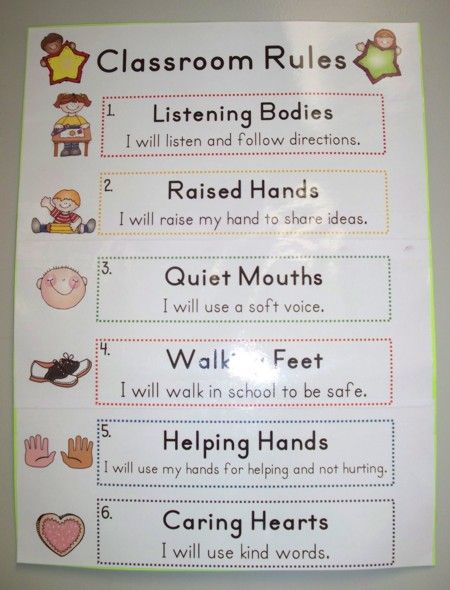 .. - And mom continues the notation that her daughter has heard dozens of times.
.. - And mom continues the notation that her daughter has heard dozens of times.
Saying “no” to a child can sometimes be difficult. Sometimes we begin to feel like a broken record, repeating “no” hundreds of times a day. It exhausts our parental patience. But saying "no" to children is very important to help them grow up and teach them to say "no" to unacceptable things. Here are 10 different ways to say "no" differently to diversify your repertoire.
Next
Ten-year-old Anya was assigned to clean the bathroom. After minimal effort, she becomes annoyed and says: “Why should I clean up, it’s not fair!”
Vanya has to wash the dishes. Tomorrow he has a test, and dad wants to let him go so that he can prepare better.
Sound familiar?
Children's behavior can make you feel guilty and insecure about your parenting style. There are many reasons why we want to give in to children and let them not do what they should be doing.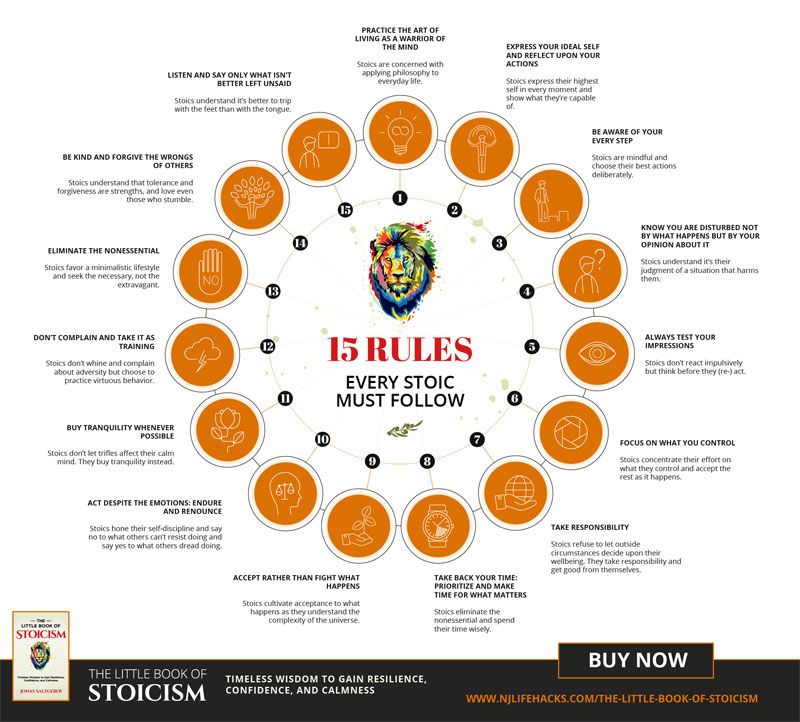
Next
Oh, those playgrounds!
How many questions do parents constantly have:
— What to do if one child takes a toy from another?
— What if the child took our toy and does not want to give it back?
— And if one child sprinkles children with sand, and his mother does not react in any way?
— What should I do if a foreign adult reprimands my child?
— What if my child bullies and offends other children?
Next
I offer you a brief, thesis summary of the upcoming online course "Education without shouting and punishment." Each of these topics will be covered in more detail in class.
What we call “bad behavior” of a child
1. We call “bad behavior” such behavior of a child that is now uncomfortable and disturbing for us, parents. But in fact, in this way the child is simply trying to satisfy his needs.
Next
In this article I will tell you about two very important psychological needs of your child.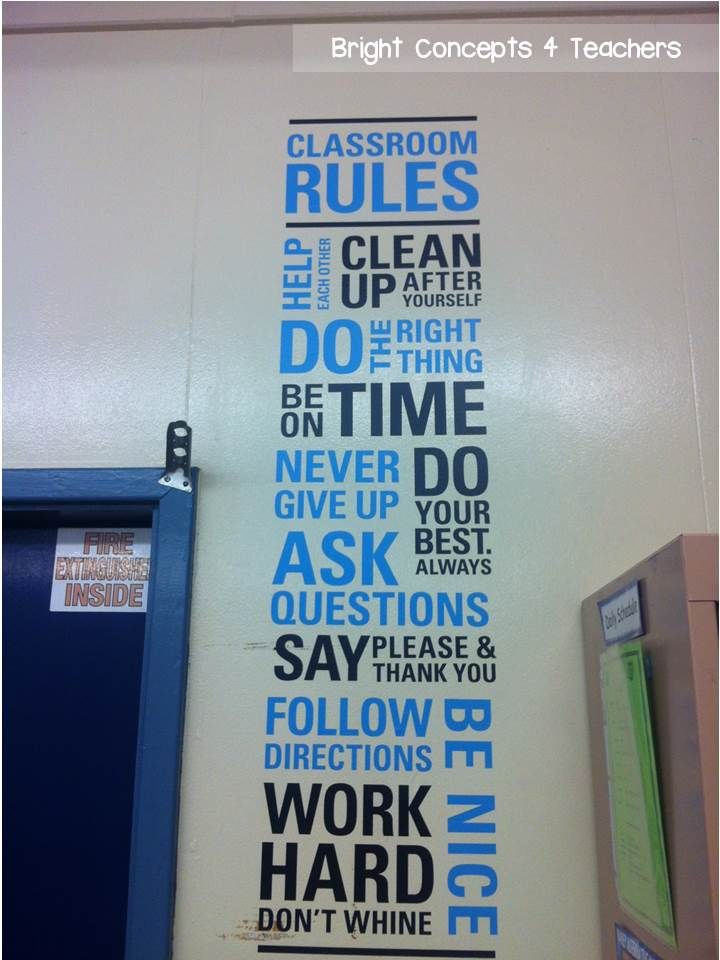
Why are they important?
Here's why: how your child is satisfied with these needs depends on how he will grow and develop, how your relationship with him will develop, what character he will have and how easy it will be for you with him.
Next
What are personal boundaries?
Personal boundaries tell others on what terms you are ready or not ready to do something. They tell others where you draw the line: what you agree to and what you will not tolerate.
Why do children need boundaries (rules)?
- They show that you care.
- They give security.
- They help children to recognize and respect the boundaries of others.
- They help children learn how to deal with conflict.
- By offering smart choices, you give children the support to make wise decisions.
- Offering a child a choice, you make him stronger.
What rules are not…
• Rules are not ultimatums or threats.
• This is not a punishment.
• They are not intended to make the child feel bad about guilt, judgment, or shame.
• They should not be used to compare and judge children in the classroom.
Why do children need rules and boundaries?
- Rules help children understand themselves.
- Rules help to learn what is socially acceptable and what is not.
- Children need to learn that there are consequences for going beyond certain limits.
- By setting the example of setting rules, we teach children how to assert their own boundaries.
Why do we let children have too much?
- We are tired.
- We don't want arguments.
- We want to please children.
- We feel guilty about something and want to make amends.
- We are trying to compensate for a spouse who is too strict or too compliant.
- We have been physically, mentally or sexually abused.
Why it's hard for us to make rules
Our ability to make and maintain rules depends on how we were raised.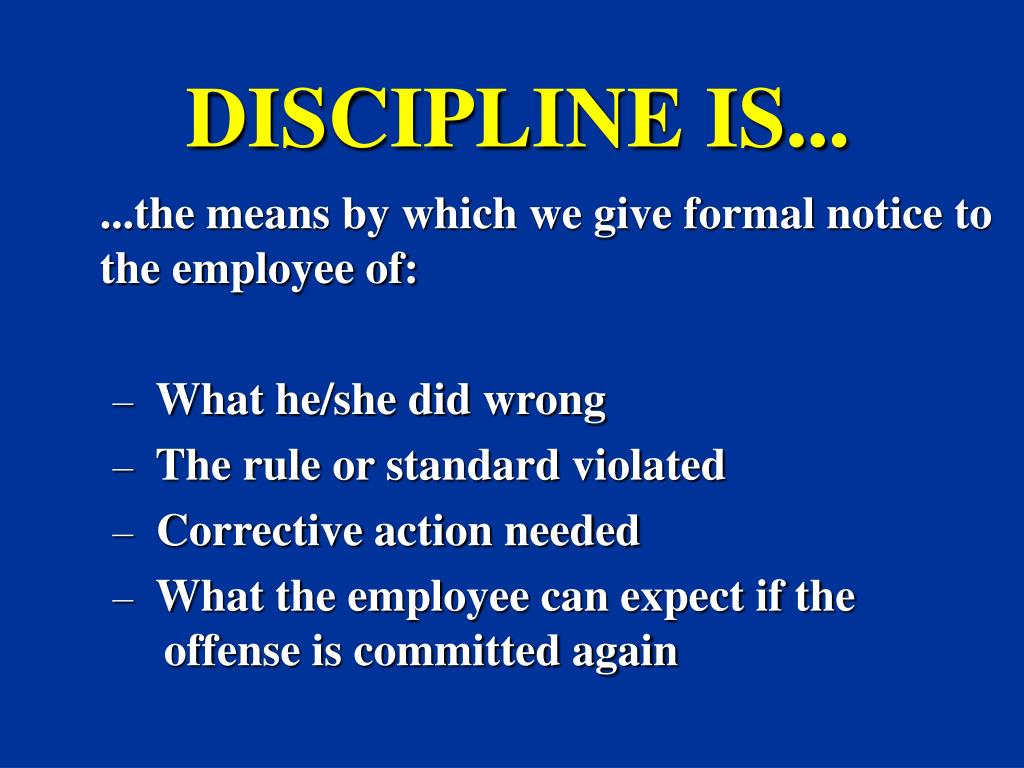
What do we do instead of setting rules?
- Using denial
- Thinking
- Blaming ourselves
- Telling ourselves not to feel what we feel.
- We find an excuse for their behavior.
- We blame others.
- Settling scores.
- Building a martyr.
- We pretend we don't care.
- We hold back manifestations of love or do not even talk.
How to understand that personal boundaries have been violated?
- Anger
- Resentment
- We must give in
- depression
- You drag everything
- You are not valued
- Those who love
- You are offended by
- Taxi Driver Child
1. Think about situations that could happen.
2. Prepare a short answer and offer a choice.
3.Make sure the children know the rules beforehand.
4. Establish an emotional connection with your child.9 Steps to Set Boundaries During an Incident
- Set your intention.
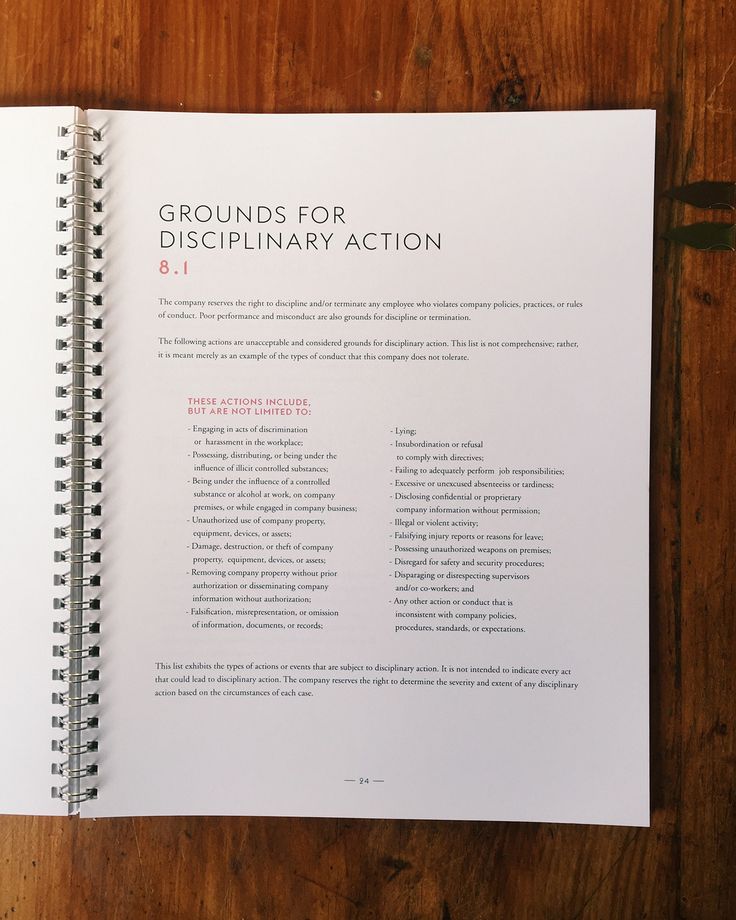
- Move closer to the child.
- Get down to his level.
- Make friendly eye contact.
- Touch if applicable.
- Empathize: Make the child feel understood, heard and accepted (PSP)
- Pause and wait for a nod.
- Say a short phrase kindly, but firmly. Or ask: “What did we agree on?”
- Give the child a choice or ask, "What would be the best thing to do?"
Start with:
• Looks like…
• Wow! I can see you're having feelings right now. Tell me about them.
• I hear you…
• Help me understand how you feel.
• Would you really like to…
• How great it would be if…
• Very hard when…
• Me too (get upset, angry, worried) when _ happens.What can happen when you start making rules
Bad news...
- The child's behavior can get worse
- They can use emotional blackmail... (hurtful, provocative words)
- Children will test you!
What should happen when you enter the rules
- When you use these steps calmly and firmly.
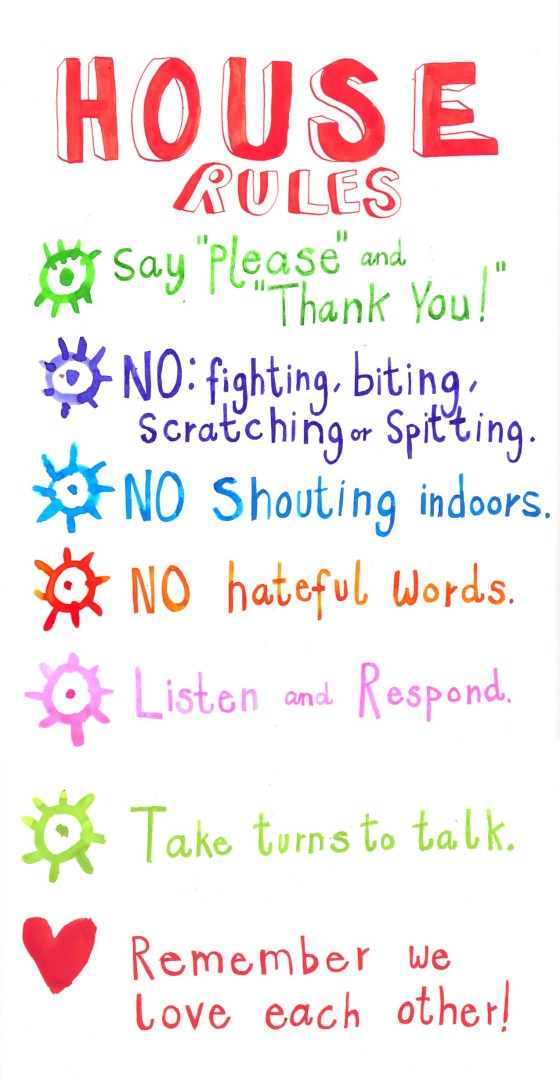 ..
.. - And follow them calmly and firmly...(it takes getting used to)
- It will be known and understood that you have rules and you stick to them. You will no longer be tested.
Next
Notes and articles with this title can be seen very often in social networks and other resources on the Internet. In these notes there are recommendations from which specialists in the field of child psychologists move their hair on their heads.
Instead of punishments, there is a wonderful approach called "Consequences of Actions". This is a very respectful approach to the personality of the child, and most importantly, it is EDUCATIONAL.
Punishments punish a child for what happened in the past. Consequences of Behavior respectfully teaches the child to behave differently in the future and helps him to be more responsible in what he does.
Next
Why is your child not listening to you?
In this article I will talk about the 5 most common causes of child disobedience.
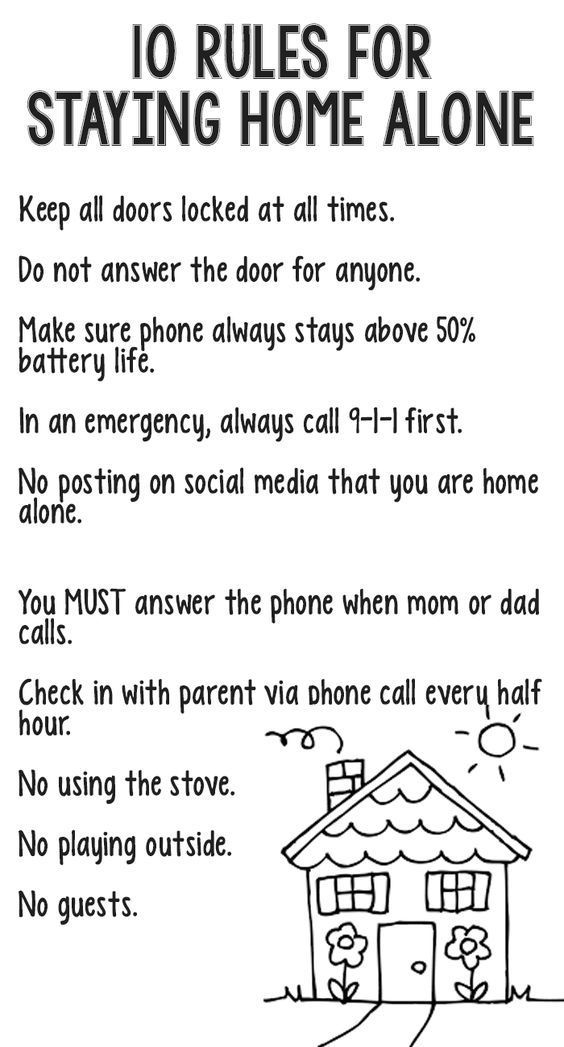 This will help you understand your child better.
This will help you understand your child better. If you have been listening to my webinars for a long time, reading my letters and articles, then this information will be familiar to you, you will simply remember what you already know.
Next
What is friendship, and how best to explain this term to a child?
Young children need simple and clear explanations. Therefore, a small child can be told that friendship is when there is such a person with whom you like to spend time together and play interestingly. This will be enough.
Next
Attention! This article is about children of preschool age.
Common phrases: "Know how to stand up for yourself" or "You must protect yourself" do not help the child very much, he does not understand what to do with them.
Tell the child exactly what to say and how to act.
For example.
Next
I'm sure there are times when you often have to remind your child of something over and over again.
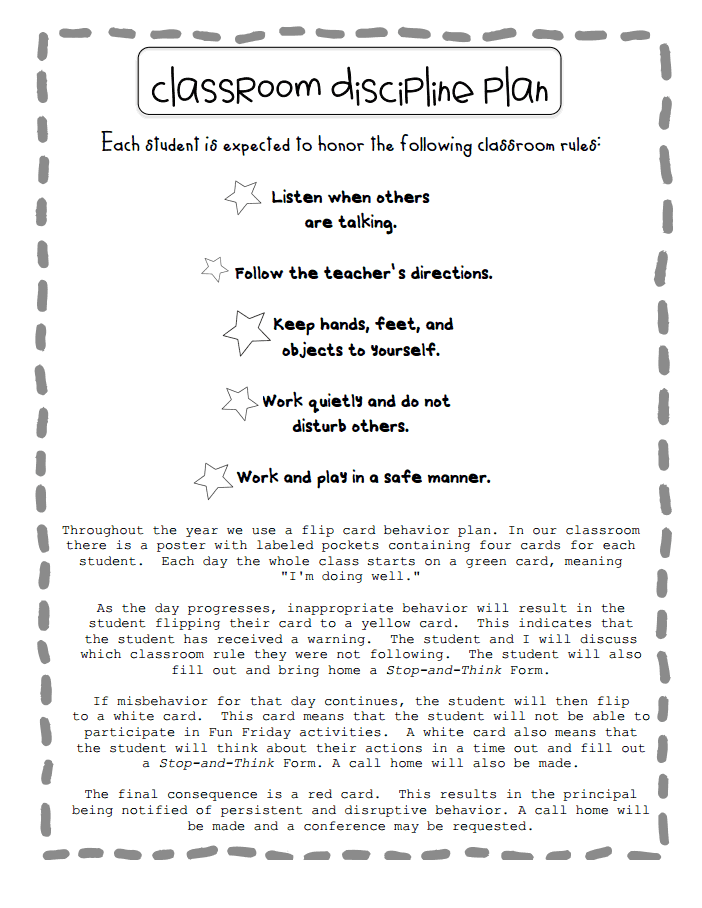 And you are already very tired of this. You want your child to remember your requests.
And you are already very tired of this. You want your child to remember your requests. How to be?
There is a great solution!
Next
Sometimes parents "automatically" make comments to the child, without thinking about what effect they have on him (in fact, the opposite).
Watch the wonderful series of webinars "How and what to replace the usual criticism and remarks about the child."
You will learn why these remarks are of no use. For each, I give recommendations on what it is better to replace it with and explain why.
Practical, simple and useful tips for parents of children of all ages.
Next
Many parents sincerely believe that punishment is a very effective method of upbringing and that it is impossible to do without punishment.
If a child is somehow guilty, many parents automatically start thinking in the direction: “How can I punish him now so that he remembers it properly?”
Next
1) Wake up the child calmly.
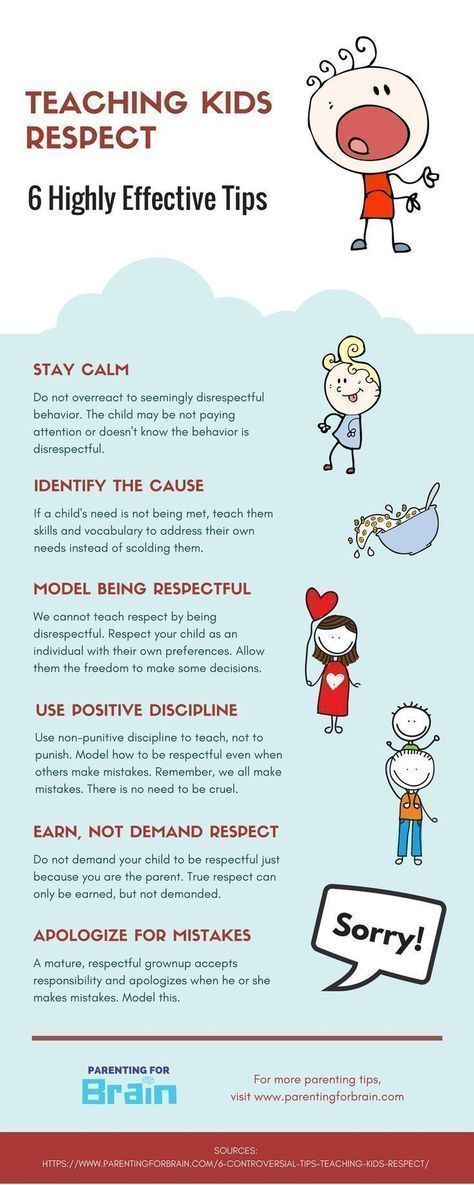 Waking up, he should see your smile and hear a gentle voice.
Waking up, he should see your smile and hear a gentle voice. Do not push him in the morning and do not pull on trifles, do not reproach him for mistakes and oversights, even if “yesterday he was warned”.
2) Take your time. The ability to calculate the time is your task, and if you do it poorly, then the child is not to blame.
Next
In this article, I want to remind you how important it is for a child instead of formal remarks like: “Stop it!” , "Stop acting like that!" , "Aren't you ashamed?" , “They don’t do that” and so on, give feedback to the child.
Next
In this short article I will give you some very useful advice.
Take it seriously, even though it may seem too simple to you.
If you want your child to become more obedient and docile in just 1 week, start putting my little advice into practice today. And next week you will see great results!
Here is the advice.

Next
I recently received a message from a mother:
“I can't stop screaming at my baby!!!
I tell my daughter a hundred times: don't climb, don't climb, don't climb! And she constantly climbs on the wall, on trees, on the backs of chairs and so on.
So what to do? Well, I'm not a parrot!
And I tell her in a nice way, and I shout, of course. Why am I screaming?
It's just that I'm scared to death for her life: after all, she'll fall off this chair back and break her neck! :-(((((What to do?Next
A remark to a child is a brief statement made by a parent about something seen or heard. This judgment can be either with a plus sign ( “I see that you put away your plate” , “I like how you manage to build houses” ), and with a minus sign ( “Again you scattered everything" , "It's useless to explain anything to you" ).
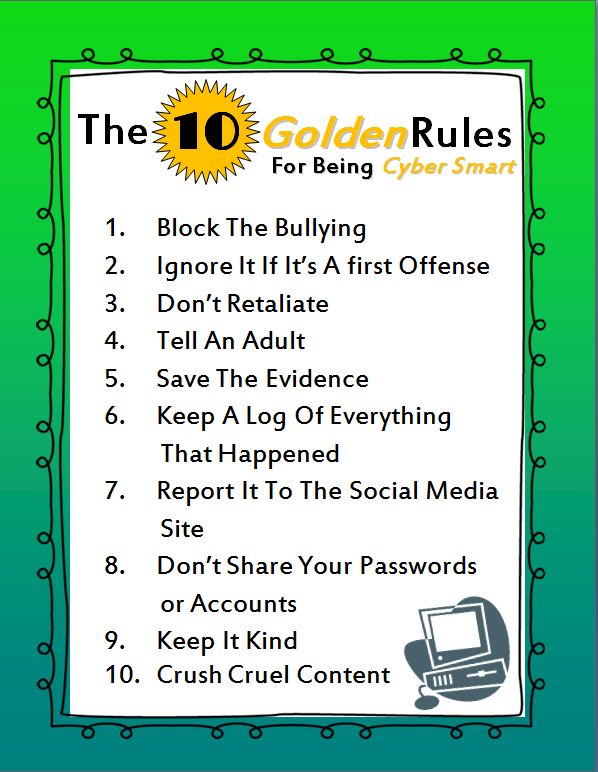
Next
In this article, I've put together 9 simple tips for you on how to help your child be more organized.
1. Tell your child about charity
Go through the toys with him and set aside those that the child has already grown out of or does not play with (the same goes for clothes from which the child grew up). Tell him that these toys can already be given to those children who really need them.
Being able to make decisions and part with old or unnecessary things in order to pass them on to those who need them is an important life lesson.
Next
Have you ever thought that children behave in certain ways to get a certain reaction from their parents?
Our parental reaction is the key to the reasons for this or that behavior of the child.Next
Let's see what punishment is and how this method of education affects the child.
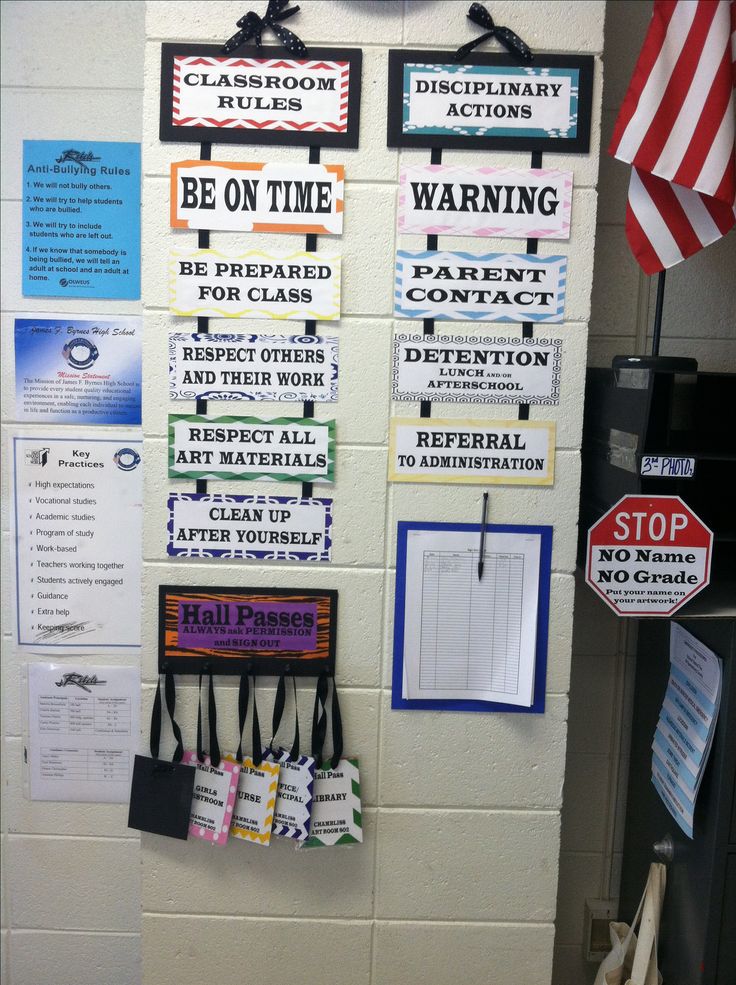
Punishment: is the actions of parents committed after the wrong, undesirable behavior of the child.
Punishments are different: one of the parents deprives the child of something desired, someone does not talk to him for some time, some parents use a corner, someone spanks, cuffs or uses a belt.
Next
If your children are two to seven years old, this article is for you.
— Well, how many times can you talk about it?
- I'm already tired of repeating the same thing!
- Quickly do what you are told!
— I've already told you a hundred times!
- If you don't do it the way I say,
then I ...Next
10 rules of discipline for a child0003
Discipline - the rules of behavior of the individual, corresponding to the norms accepted in society or the requirements of the rules of the order.
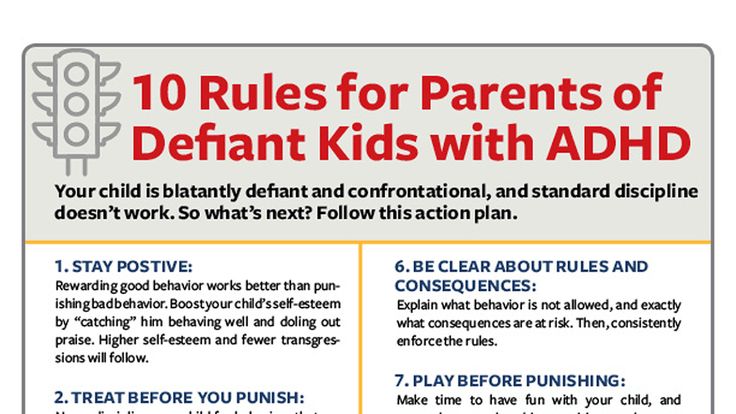 It is impossible to make a child disciplined in one day, but by consistently instilling important rules of behavior in him, you can achieve excellent results. So, we read about the ten golden rules of discipline for a child.
It is impossible to make a child disciplined in one day, but by consistently instilling important rules of behavior in him, you can achieve excellent results. So, we read about the ten golden rules of discipline for a child. Contents
For many of us, the word discipline evokes unpleasant associations from childhood associated with strict rules of behavior, pressure, punishment for disobedience (for example, when at a children's camp we did not want to line up in pairs, and at school we did not want to walk in a school uniform).
We all want to raise our children as open and liberated as possible, but practice shows that excessive freedom of action can negatively affect a child's behavior. And vice versa: a well-built system of rules of conduct makes a child's life more organized, comfortable and understandable.
Evgeny Tarasov psychologist, Moscow:
Many modern mothers and fathers want to raise their children as "free" and self-confident as possible.
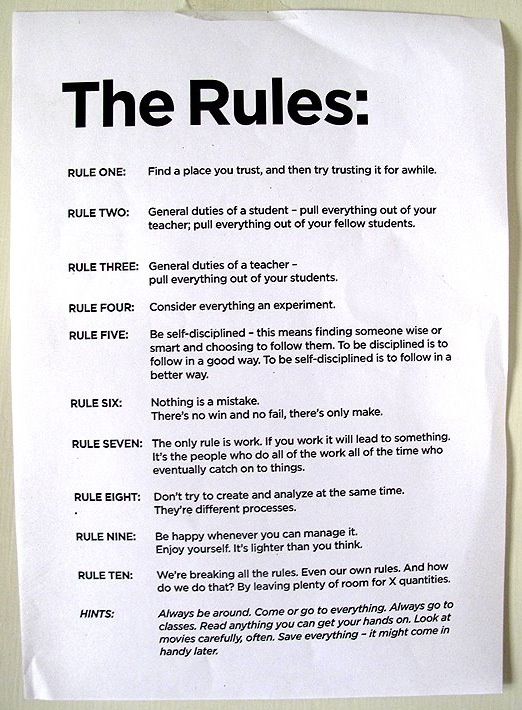 And they often naively believe that babies will become like that if they grow up in a space without rules. Meanwhile, permissiveness does not at all guarantee the upbringing of a strong personality from a child. Rather, on the contrary. If everything was allowed to a child up to a certain age, he will assume that this will continue in the future. But reality will still make its own adjustments. This can happen at a party, where he will be reprimanded for ugly behavior, or in kindergarten. Of course, parents can up to a certain point protect the heir from the harsh reality (choose a private kindergarten, enroll in home schooling at school), but anyway, sooner or later, he will face it. And it will be difficult for him to come to terms with her.
And they often naively believe that babies will become like that if they grow up in a space without rules. Meanwhile, permissiveness does not at all guarantee the upbringing of a strong personality from a child. Rather, on the contrary. If everything was allowed to a child up to a certain age, he will assume that this will continue in the future. But reality will still make its own adjustments. This can happen at a party, where he will be reprimanded for ugly behavior, or in kindergarten. Of course, parents can up to a certain point protect the heir from the harsh reality (choose a private kindergarten, enroll in home schooling at school), but anyway, sooner or later, he will face it. And it will be difficult for him to come to terms with her. When to start teaching discipline
Psychologists and educators agree on this: as early as possible. Remember when the famous Soviet teacher Makarenko was asked when to start raising a child, if at the moment he is 6 months old? He replied that it was necessary to start 6 months ago.
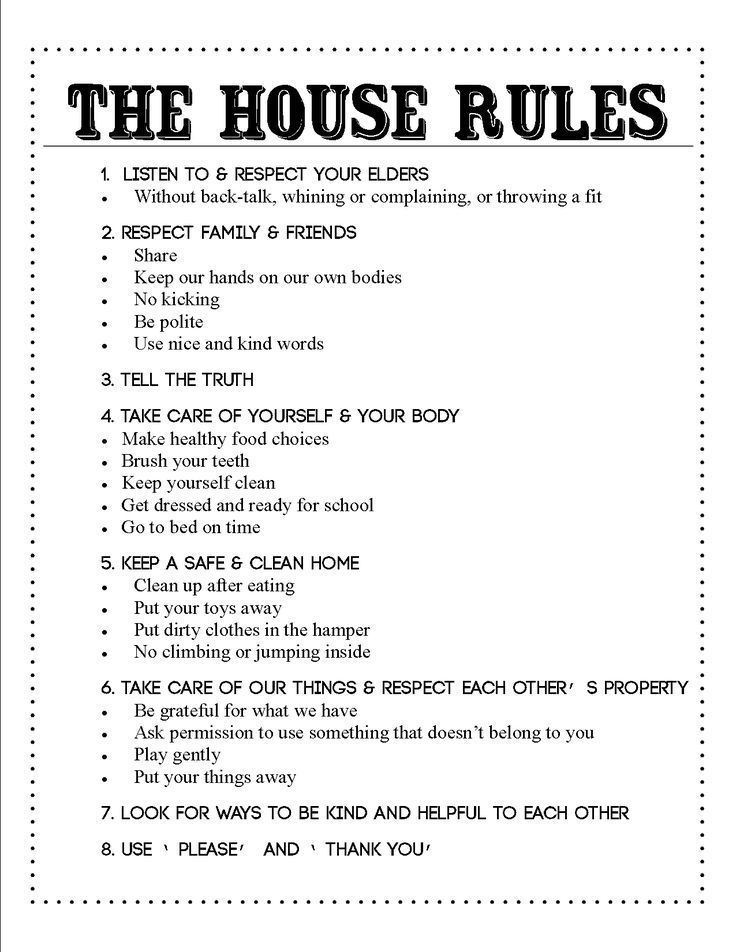 Approximately the same with discipline, the sooner you start to instill (of course, not hard, but gently, but persistently), the better for the child.
Approximately the same with discipline, the sooner you start to instill (of course, not hard, but gently, but persistently), the better for the child. Of course, to teach discipline to a small child is not an easy task, to put it mildly. Especially when it is already difficult for parents, due to the busyness and dynamism of their lifestyle, when it is far from always possible to adhere to the rules of discipline themselves. But, believe me, without discipline it is much more difficult. Letting everything take its course, you run the risk of turning your family's life into complete chaos, filling it with endless stress and worries. Even elementary everyday situations (shopping, walking, queues, visiting government institutions, etc.) can turn into a real hell if the child does not have a clear understanding of how to behave in a particular situation.
Of course, the rules should not be too rigid, dictatorial. They should be conveyed in such a way that the child understands that they are needed for his own good.
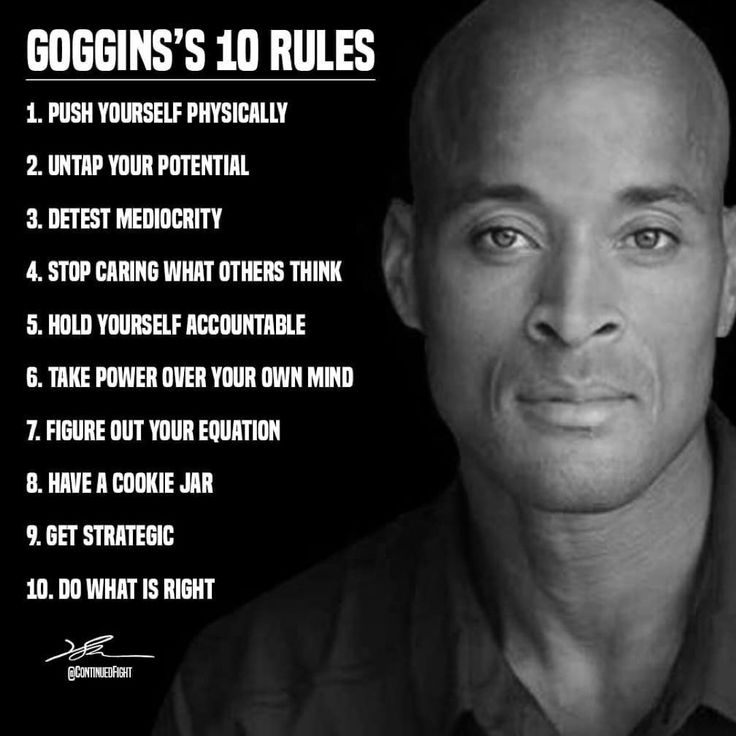 And, of course, sometimes there can be exceptions to them.
And, of course, sometimes there can be exceptions to them. Psychologist's advice:
Signs of indiscipline are similar to "protest" behavior. It can be caused by conflict relations in the family or in the children's team. And they can also be the result of a child's hyperactivity or, conversely, a consequence of his intellectual and "motor" passivity. And therefore it is desirable to understand the reasons for the indiscipline of the baby - this will help to quickly begin his upbringing in the right direction.
Instilling Discipline in Your Child: Valuable Advice
Here are 10 tried-and-tested parenting tips on how to make your child more disciplined:
- Try to determine for yourself exactly what rules of behavior you want to instill in your child. Perhaps it is primarily the rules of behavior at the table or strict adherence to the daily routine. Think back to your childhood years and the methods of upbringing that your parents applied to you.
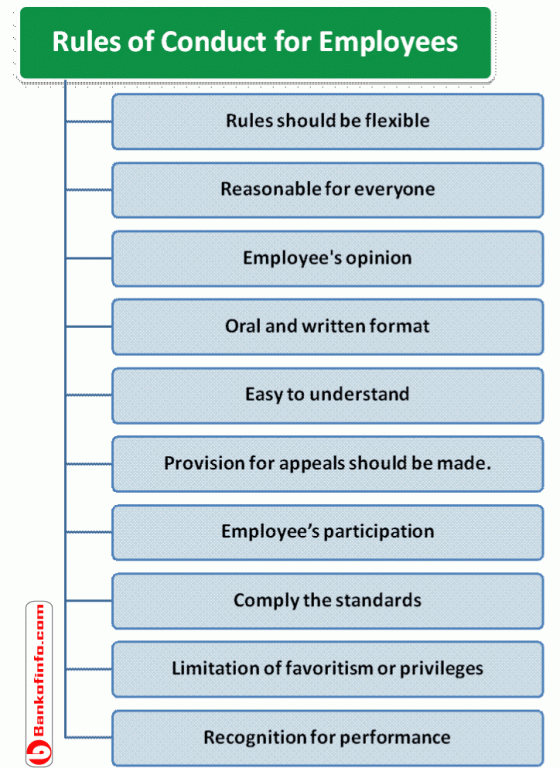 Take note of what feels right to you.
Take note of what feels right to you. - Always confirm any rules and norms instilled in a child by your own example. If you yourself are not disciplined, how can you demand discipline from a child? For example, prepare to leave for work in advance so that there is no crazy morning fuss looking for a wallet or a pass.
- Never pressure or bully a child. This can lead to exactly the opposite result (for example, the child you are trying to teach early reading, in response to your pressure, may refuse to pick up a book at all). Try to be gentle but firm in a friendly, explanatory tone. As they say, water wears away a stone.
- Be consistent and go to your goal until the end . You yourself must adhere to the rules of conduct established in your family. For example, it is not customary for you to watch TV while eating. And the kid insists: they say, without the cartoon I will not eat a fish cake. Well, say don't eat, but know that there won't be any more food before dinner.
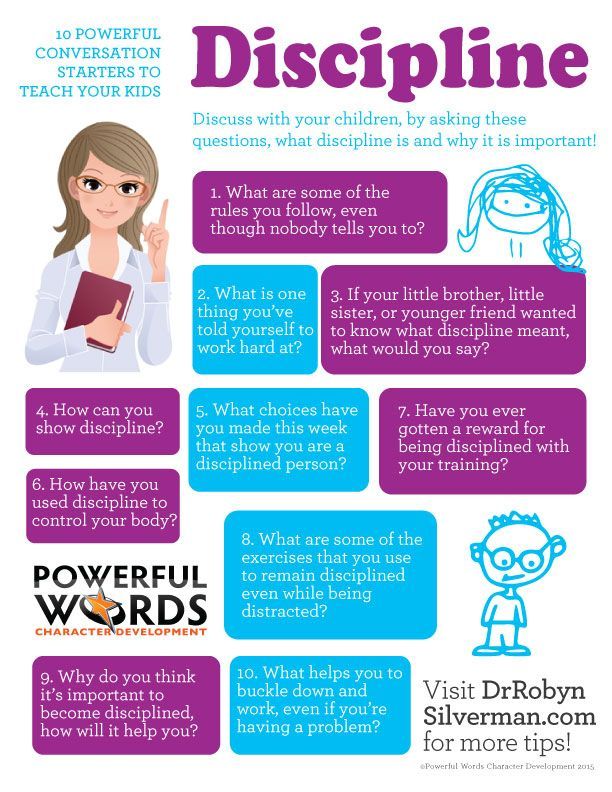 However, the “TV rule” should also apply to adults. That is, dad doesn’t watch football either, and mom doesn’t watch a TV series for food.
However, the “TV rule” should also apply to adults. That is, dad doesn’t watch football either, and mom doesn’t watch a TV series for food. - The more rituals in your family, the more the parents themselves are subject to the routine, the easier it is for the child to do what is asked of him. Show by your own example that the rules, family rituals and traditions are great, they bring the family together very much (for example, the rule to have dinner together at the table, share impressions and news about the past day).
- Clearly define the boundaries of what is permitted and what is not permitted . Illustrate your arguments with illustrative examples (you can only cross the road through a pedestrian crossing so as not to get hit by a car, you can’t talk to strangers, because you can get into trouble). And from early childhood, begin to invest in the child the concept that his freedom ends where the freedom of another person begins (it is impossible to take someone else's, and even more so to beat another).
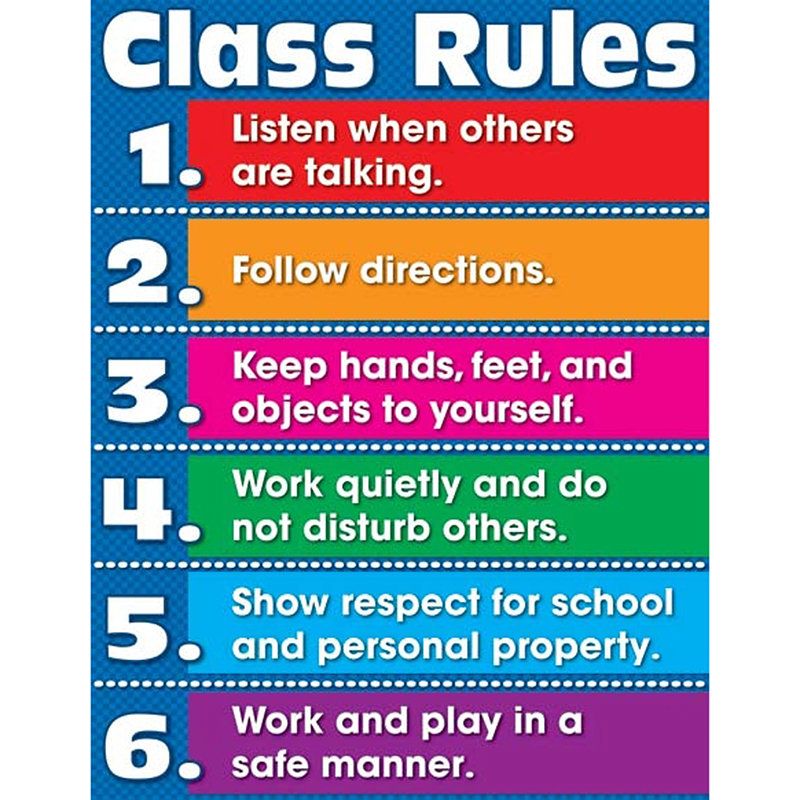
- Agree on the behavior you want to instill in your child with your spouse (and other family members) so that you become a united front . Situations are unacceptable when one of the parents forbids something, and the other allows. For example, mom asks to wash her plate, and dad, wanting to please the child, allows her not to wash it. So the child learns to adapt and manipulate others. “Oh, mom didn’t let me? I'm going to my dad."
- Watch your tone. The tone of the parental request should be friendly rather than imperative. Any prohibition is difficult for a child, and if it is pronounced angrily, it becomes doubly difficult.
- Try to build a trusting relationship with your child . Learn not only to listen to him, but also to hear, listen to his opinion, show that it is also very important for you. Let your baby also offer a way out of the conflict situation. After such a "heart-to-heart talk", spend at least some time with him, read to him, play some game with him.

- Set your intention.














